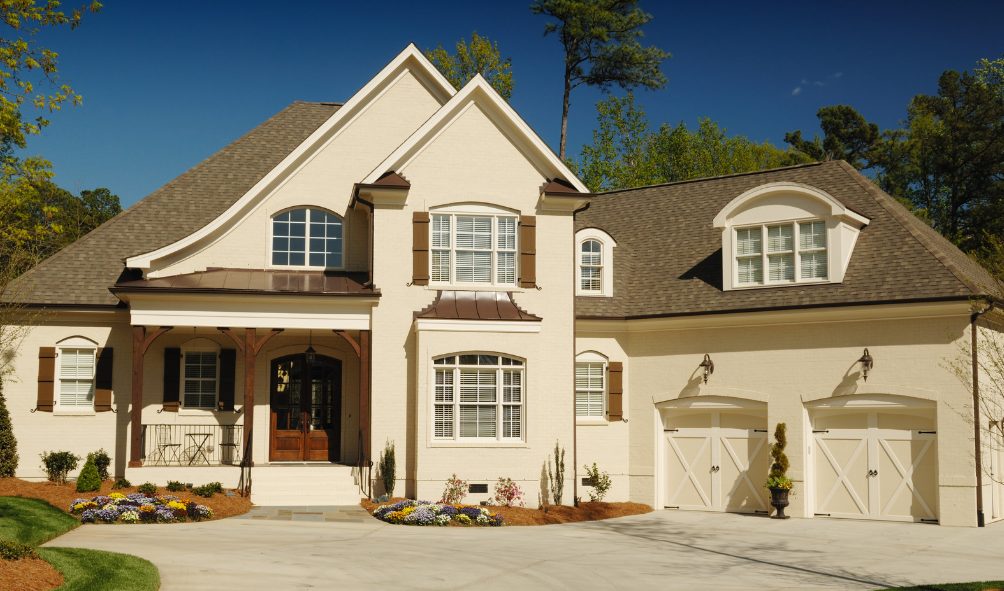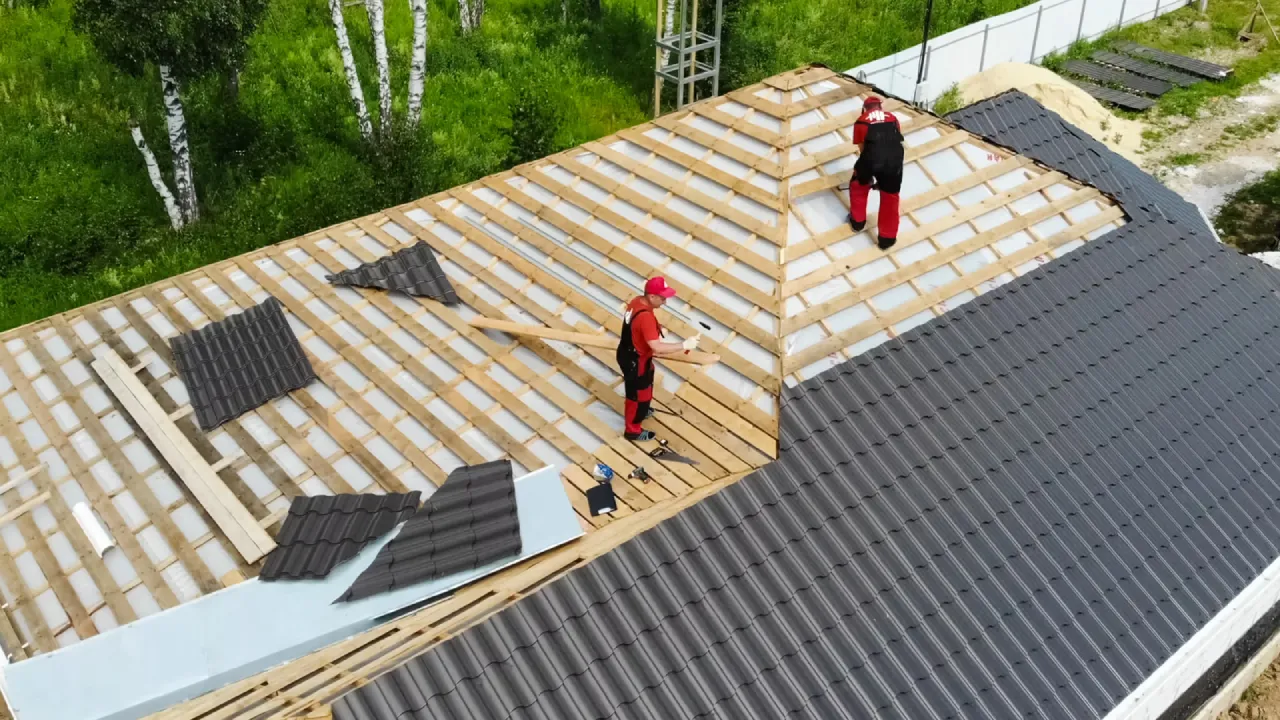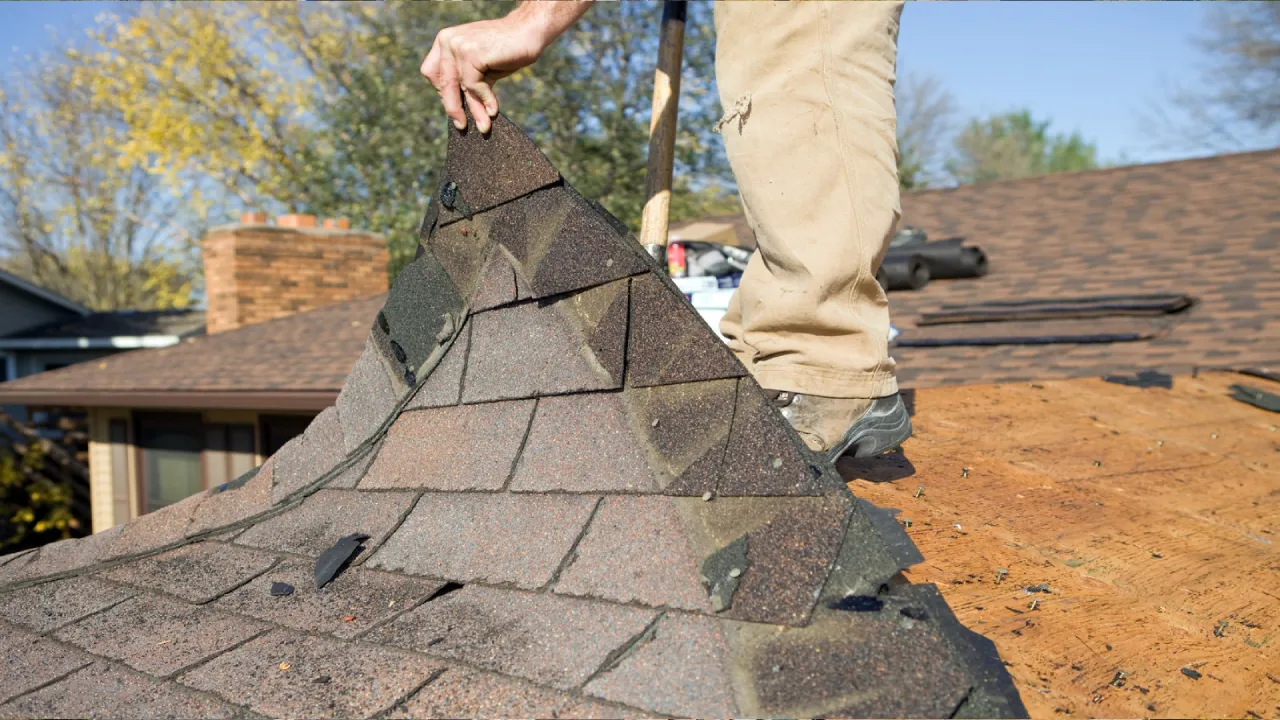
Roofs play a vital role in shielding structures from the elements and ensuring safety and comfort indoors. However, selecting the appropriate roofing coating is pivotal for optimal performance. Here, we delve into four popular options, each boasting distinct features and advantages.
The rise in popularity of silicone roof coatings is owed to their durability and weather-resistant properties. Primarily composed of silicone polymers, these coatings adhere robustly to various surfaces such as metal, concrete, and asphalt. Key advantages include:
Acrylic roof coatings are favored for their user-friendly application and cost-effectiveness. Crafted from acrylic polymers, these coatings create a protective layer on roofs. Key features include:
Renowned for its abrasion resistance and exceptional durability, urethane coating is formulated with urethane resins for robust protection. Key benefits include:
A traditional choice for flat or low-slope roofs, asphalt coatings, also known as roofing tar, are primarily composed of polymer-modified tar for enhanced strength and durability. Key characteristics include:
In conclusion, selecting the appropriate roof coating hinges on factors such as location, structure type, and budget. Each type offers its own set of advantages and considerations, underscoring the importance of thorough evaluation before making a decision. Feel free to reach out to us for expert guidance throughout the coating selection process.


Comments are closed